
Daily newspaper in which many prominent figures of Czech culture and politics have published. The newspaper was most famous in Czechoslovakia between the two world wars.
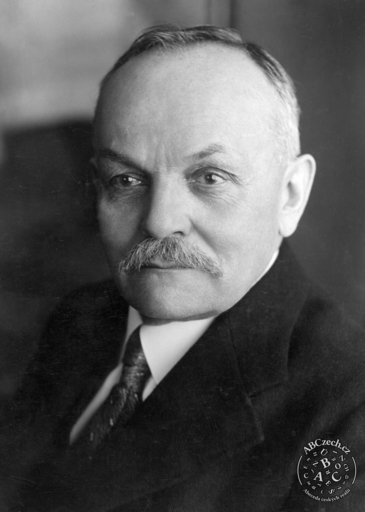
Poet, prose writer, journalist and politician known for initiating Czech modernism and writing its manifesto, together with F. X. Šalda. His style differs from the preceding Lumír and Ruch generations by placing more emphasis on contemporary social issues.
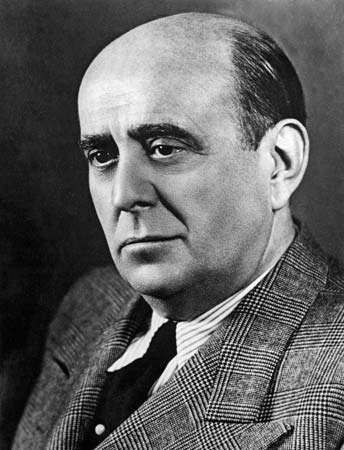
Czech diplomat and politician, the younger son of president T. G. Masaryk. He died under suspicious circumstances.
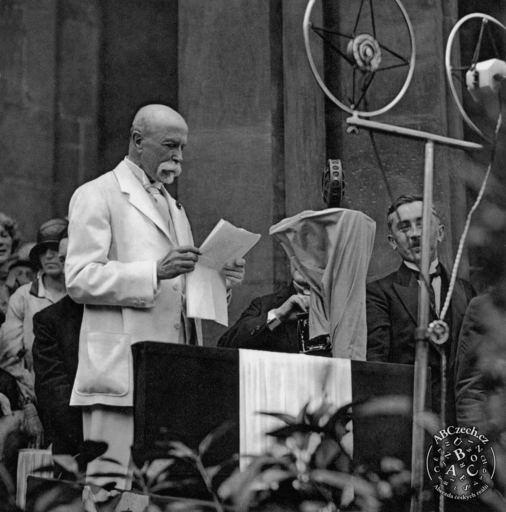
Sociologist, philosopher and the first president of the independent Czechoslovak Republic after 1918. He was a political icon and a symbol of moral integrity who still has an influence on the norms of democratic discussion and political rhetoric as the central figure of Czech 20th-century historical memory.

Czech-American economist and one of the executive directors of the International Monetary Fund. Art collector and patron of the arts.

Czech officer, journalist and politician, participant of the anti-Austrian resistance, legionnaire, military theoretician, a prominent representative and symbol of collaboration with the Nazis.
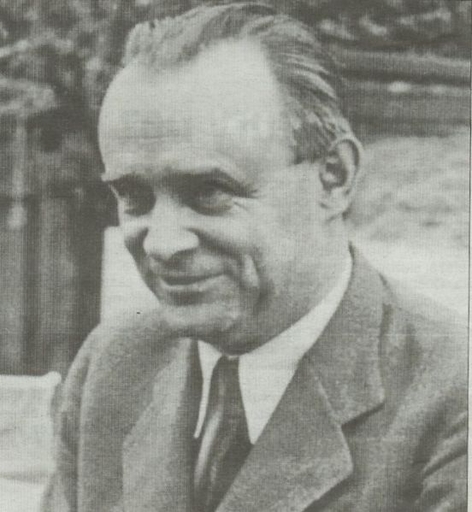
Famous Czechoslovak military commander, member of the military intelligence service and one of the organisers of the Reinhard Heydrich assassination.

A conference held in September 1938 with the goal of detering an armed conflict, resulting in an agreement ordering Czechoslovakia to yield its border territory to Germany. To this day, it has remained a symbol of international betrayal and violation of alliance agreements.

Czech political liberal daily newspaper published from 1861 to 1941. One of the most significant dailies of the second half of the 19th century.
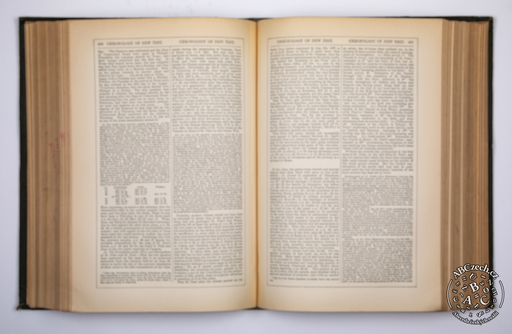
Czech political party in Austria-Hungary, in the last quarter of the 19th century a liberal alternative and main opponent to the Old Czech Party.
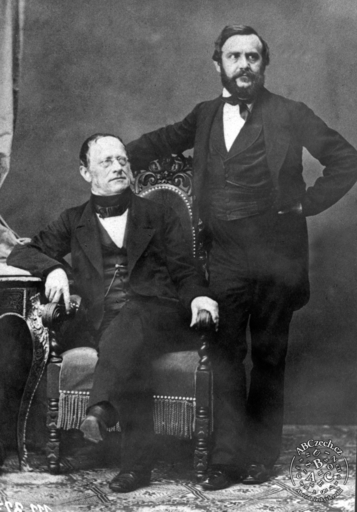
The most prominent Czech political party of the second half of the 19th century. For 30 years, it was the main political representative of the Czech people in Austria and Austria-Hungary.
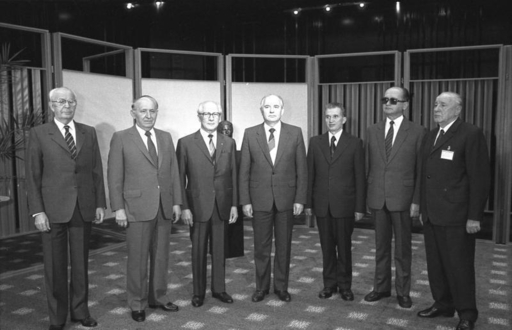
Ideological regime of Czechoslovak politics between 1969 and 1989. Its central principle was the subjection of all aspects of life in Czechoslovakia to the political line of the Soviet Union as an attempt at maintaining the stability of the Eastern Bloc.
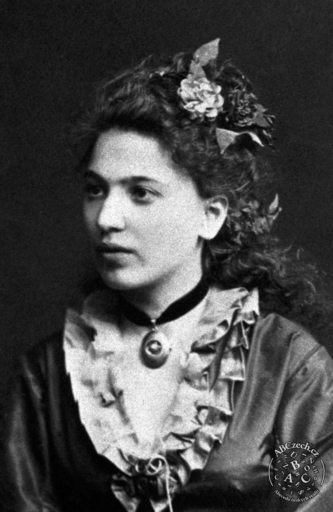
Prose author who wrote about life in eastern Bohemia. She is one of the prominent representatives of Czech realism and women’s emancipation movement.

Official name for the military invasion by five socialist countries of the Warsaw Pact in Czechoslovakia in August 1968. The largest military operation carried out by the Soviet Union after the Second World War, with the purpose of suppressing democratic reforms of Prague Spring.

A quote from President Václav Havel’s first New Year’s Address, with which he reacted to the traditionally false positive statements of his predecessors from the Communist Party.

Politician and historian. Author of the first synthesis of Czech history and leading figure of the National Revival in the 19th century. He was called “Father of the Nation” already in his lifetime.

Sixth Prime Minister of the Czech Republic, Minister of Regional Development, leader of the Czech Social Democratic Party and Deputy in the Chamber of Deputies.
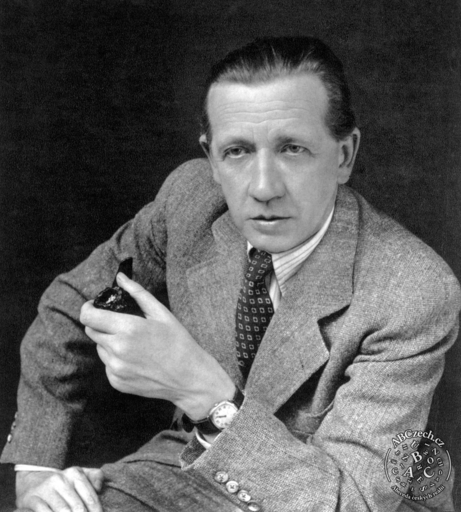
A prominent figure of Czech media, public and literary scene of the first half of the 20th century. Essayist and journalist, editor-in-chief of the influential weekly Přítomnost. He held liberal leftist views and was close to President T. G. Masaryk’s political views.
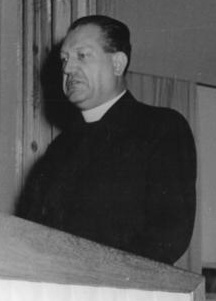
Czechoslovak Catholic priest and politician, deputy in the Czechoslovak parliament and minister of health from 1948 until 1968, Vice-President and later President of Czechoslovak People’s Party, representative of the party’s collaboration with the dictatorship of the Communist Party of Czechoslovakia.
2016-2020 ABCzech.cz - © Filozofická fakulta Univerzity Karlovy
Content from this website may be used without permission only for personal and non-commercial purposes and with the source cited. Any other use is allowed only with the authors' consent.
This web application Sonic.cgi meets GDPR requirements. Current information can be found here.